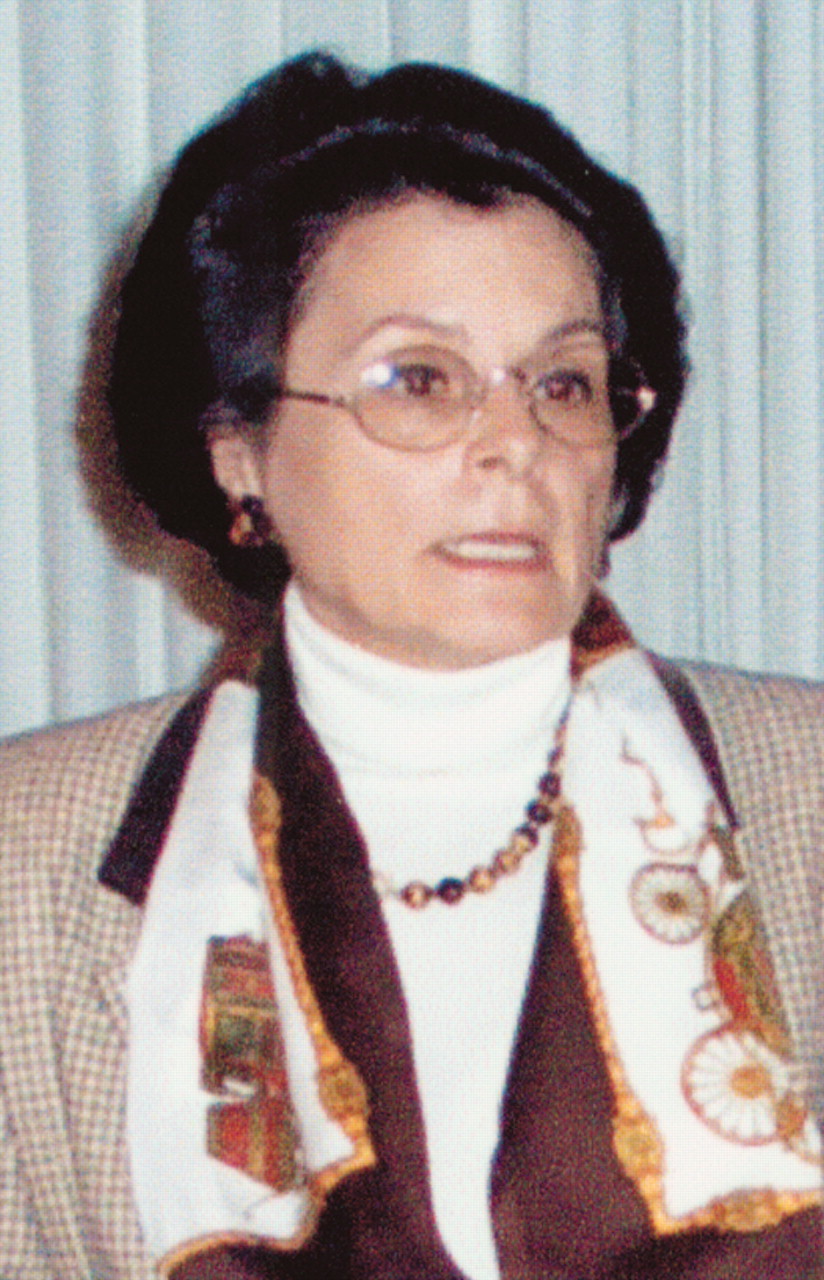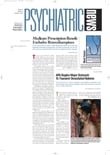Soon after the terrorist attacks of September 11, 2001, APA member Erminia Scarcella, M.D., began wondering how she could best help members of the international community during times of disaster.
As chair of the District of Columbia Chapter of the Washington Psychiatric Society (WPS), she considered the talents of the many WPS members from other countries practicing in the Washington, D.C., area, as well as her own status as an international medical graduate from Italy.
“WPS members have taken an active role in preparing themselves to serve our community should disaster—either manmade or natural—strike our region,” she told Psychiatric News.
She noted that Washington, D.C., was home to “a large contingent of foreign nationals” who represent more than 180 countries through the diplomatic community.
In an effort to serve the vast number of D.C.-area residents from other countries who might be experiencing distress related to a disaster either in D.C. or overseas, Scarcella decided to match WPS members with the embassy of their respective countries.
The psychiatrists would be available to offer their services to local residents who contact the embassy for any number of reasons during times of disaster, as well as to embassy personnel and their families, Scarcella said.
So far, 12 embassies have signed on to participate in what has become known as the WPS Embassy Project, said Scarcella, and psychiatrists have volunteered to work with 10 of them. The 12 are the embassies of Egypt, France, Germany, Israel, Italy, Romania, South Africa, Nigeria, Sri Lanka, Poland, the Czech Republic, and the Apostolic Nunciature, or the Vatican.
The project is still in its nascent stage, Scarcella said, and she is hoping to add to the number of embassies participating.
Anthony Ng, M.D., chair of APA's Committee on the Psychiatric Dimensions of Disaster, said the WPS Embassy Project “provides a bridge between APA and a number of international partners during times of disaster.”
Ng helped to lead a workshop in early December for the psychiatrists who volunteered to participate in the WPS Embassy Project, he noted. He discussed a number of topics, such as assessing the need for mental health services during a disaster and providing mental health “first aid” to victims in the aftermath of a disaster.
“As we make connections with embassies,” he said, “we can convey to them the value of a mental health component in addressing medical emergencies generated by a disaster.”
Scarcella pointed out that “embassies are an important reference point for foreign-born residents of the United States,” who contact their embassy “when they need help, because they know someone there will speak their language and understand them.”
More information about the WPS Embassy Project is available by contacting WPS Executive Director Walter Hill at [email protected] or Erminia Scarcella, M.D., at [email protected]. WPS members interested in participating should contact Hill or Scarcella as well. ▪

